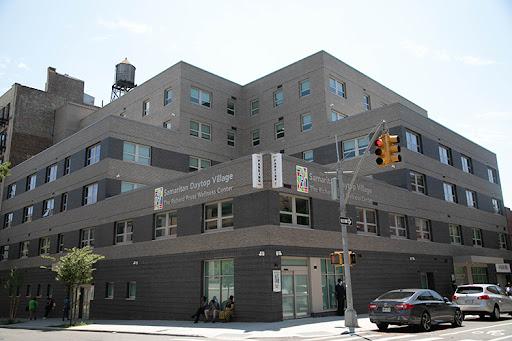Over the past few months, there have been a number of developments of interest within the healthcare industry. We would like to take the opportunity to make you aware of these developments and their potential impact on your professional practice.
GOVERNOR SIGNS LAW PROTECTING PHYSICIANS WHO CONTRACT WITH HEALTH PLANS
On August 16, 2006, Governor Pataki signed into law legislation that addresses physician contracting concerns with HMOs and other health plans. The changes instituted by the law include: prohibiting health plans from initiating overpayment recovery efforts more than two (2) years after the original payment was received by the physician (except in the event of fraud or abusive billing); and requiring health plans to provide at least thirty (30) days advance notice before seeking recovery or offsetting any alleged overpayments and requiring health plans to complete credentialing applications within ninety (90) days of receipt (except in limited circumstances, such as where the necessary documentation has not been provided).
PRESIDENT SIGNS LAW EXTENDING PENSION PROTECTIONS FOR EMPLOYEES
On August 17, 2006, the Pension Protection Act of 2006 was signed into law. Highlights of the law include provisions whereby:
• Businesses Must Adequately Fund Their Pension Plans. Businesses that offer a private pension plan have a duty to set aside enough money now so employees receive what they have been promised when they retire.
• Help Is Given To Employees Who Save Through Defined Contribution Plans (i.e., IRAs and 401(k)s). The new law removes barriers that prevent companies from automatically enrolling employees in defined contribution plans; ensures that employees have more information about the performance of their retirement accounts and greater access to professional advice about investment options; grants employees greater control over how their accounts are invested; and makes permanent the higher contribution limits for IRAs and 401(k)s that were passed in 2001, enabling more employees to build larger retirement nest eggs.
NEW REGULATIONS FACILITATE ADOPTION BY PHYSICIANS OF E-PRESCRIBING AND ELECTRONIC HEALTH RECORDS (EHR)
On August 8, 2006, the Centers for Medicare & Medicaid Services (CMS) and the Office of Inspector General (OIG) published final regulations that are intended to remove legal concerns regarding the provision of electronic prescribing and electronic health records (EHR) to physicians by hospitals and other entities to whom they refer their patients. The regulations create new exceptions and safe harbors to two key federal fraud and abuse laws – – the physician self-referral law (commonly known as the ” Stark Law”); and the Medicare/Medicaid Anti-Kickback statute. The new regulations permit hospitals and other facilities to donate electronic health information technologies to their referring physicians and to provide them with free training on how to use such systems. The exceptions and safe harbors set forth the precise conditions under which such arrangements are acceptable.
CMS LAUNCHES COMPREHENSIVE EFFORT TO COMBAT MEDICAID FRAUD AND ABUSE
The Centers for Medicare & Medicaid Services (CMS) recently launched an unprecedented effort to detect and prevent Medicaid program fraud and abuse. The new program, known as the Medicaid Integrity Program (MIP) was created and funded by the Deficit Reduction Act of 2005. It involves the use of contractors to: (1) review the actions of those healthcare providers who seek payment from Medicaid; (2) conduct audits; (3) identify overpayments; and (4) educate providers. It will also support criminal investigations of suspect providers while concurrently seeking administrative sanctions.
COURT RULES THAT PHYSICIANS ARE NOT ALWAYS REQUIRED TO EXHAUST ADMINISTRATIVE REMEDIES BEFORE SUING HOSPITAL FOR BREACH OF CONTRACT
The New York Supreme Court recently held that a physician who brought a breach of contract action against his former hospital employer need not exhaust his administrative remedies before commencing an action in court. Section 2801-b of the NYS Public Health Law (PHL) creates a grievance process with the Public Health Council for complaints by a physician against a hospital. The Court held that the process set out in the PHL is the proper recourse for challenging termination of employment where the physician seeks reinstatement. However, where the physician is not seeking reinstatement of his staff membership or hospital privileges, but rather, is seeking only monetary damages under the contract, the dispute may be heard in the courts in the first instance.
For more information on any of the issues identified above, please call any of the attorneys in our firm’s healthcare department.





